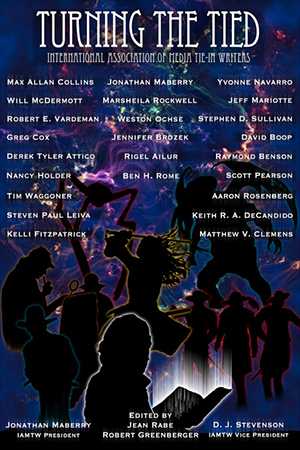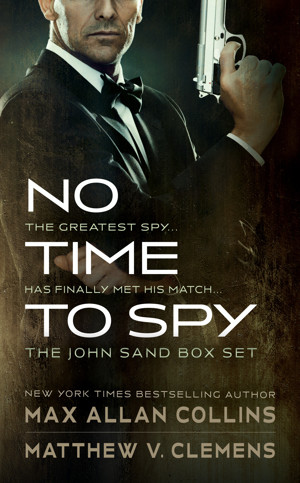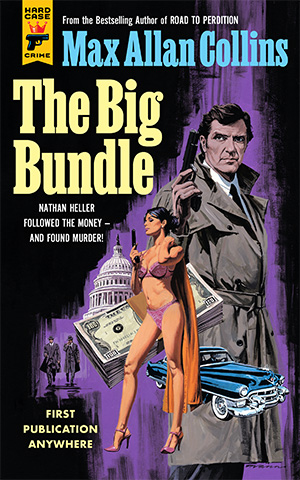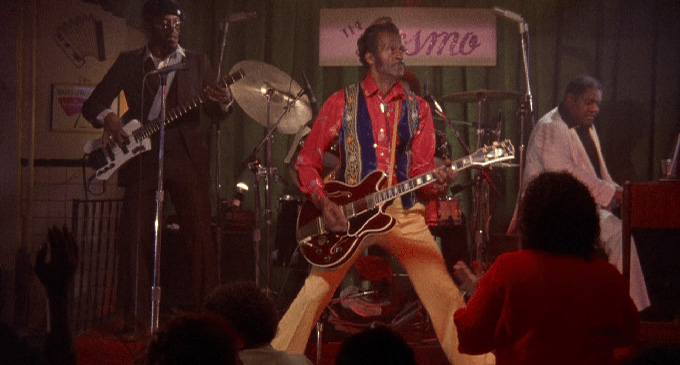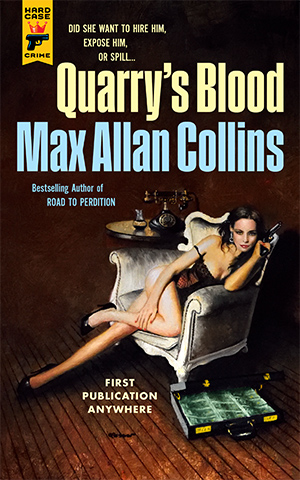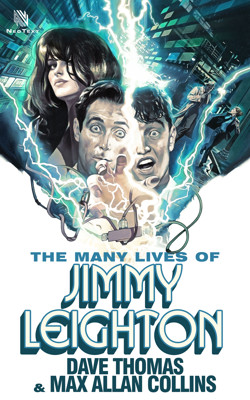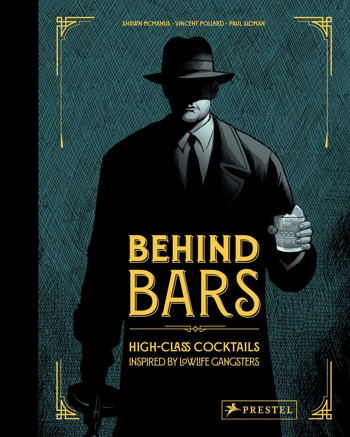I wound up sending seven copies of No Time to Spy in the latest book giveaway. They just went out – big honking packages!
Now here’s something I need to call your attention to. Matt Clemens and I have are part of the anthology Turning the Tied, recently nominated for the very cool Rondo Award, “fandom’s only classic horror awards.”
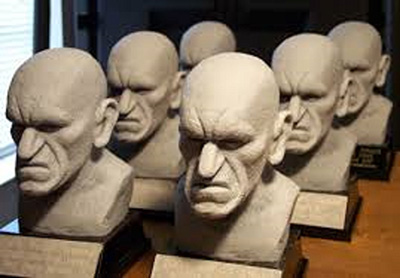
The ballot is here: https://rondoaward.com/rondoaward.com/blog/
We are in Category 12: Best Classic Horror Fiction. If you’re at all a classic horror fan, check out the other categories, too.
Here’s a description of the anthology:
Turning the Tied, edited by Jean Rabe, Robert Greenberger (International Association Media Tie-in Writers, softcover, 453 pages, $19.99). Sherlock, Dracula, Frankenstein all figure in collection of stories by Max Allan Collins, Jonathan Maberry, Stephen D. Sullivan and others.
Back in 2016, Matt and I wrote a Sherlock Holmes short story, “The Adventure of Leonardo’s Smile.” We originally conceived it for a mystery puzzle and it was going to be done by the company that did our other puzzles (CSI, CSI: NEW YORK, NCIS: LOS ANGELES, THE MENTALIST, etc.). It was the last story I wrote before going in for heart surgery and at the time I wondered if it would be my last, period. When the puzzle didn’t happen, our Holmes story didn’t have a home.
And then the IAMTW antho came along and we were chosen as the lead story (among a bunch of really strong ones). I also contributed an afterword as the co-founder (with Lee Goldberg) of the organization.
It’s a wonderful book.
And as Al Capone said, “Vote early, and vote often!”
I am coming down the pike (as Barb puts it) on the new Heller, The Big Bundle…two chapters to go. With luck I’ll finish this week. That’s iffy, because I always re-read the whole manuscript and do final tweaks and sometime rewrites. So it could bleed into next week. But right now I’m caught up in the writing, so this week is a short update.
I had some very good comments come in last week and, rather than answer them in the comments section, I want to bring a few of ‘em centerstage.
Stephen Borer – a reader who has been with me for decades and is one of the nicest, most supportive fans Barb and I have ever been lucky enough to know – responded to my Chuck Berry stuff last week with this: Speaking of Mr. Berry, Max, could you please repeat your meeting him at an airport story for the newer readers?
Here you go, Stephen:
I met him at an airport where we shared a gate. He was traveling with a guitar in its case, and appeared to be alone. But it was unmistakably him. As a longtime veteran of rock ‘n’ roll, I had to have a moment. I didn’t ask for an autograph, afraid I might start trouble for him, because a lot of people obviously didn’t recognize him.
“I just want to thank you for starting it all,” I said.
He smiled and said you’re welcome, and we shook hands.
I think I said something about having played rock ‘n’ roll for decades, and he said where he was headed, though I’ve forgotten. He was quiet but friendly.
What I said to him was about right. Little Richard and other black artists of the early rock days really were r & b starting to become rock, and Elvis fell in that category as well. But Chuck Berry, with his guitar-driven rock and his teenage subject matter, was not r & b, but at the very forefront of the new genre. Pure rock ‘n’ roll.
He was playing regularly in his home, St. Louis, until very recently.
Regan MacArthur made this observation:
That’s great to hear, but I understand the reluctance of some to dive in to such big books. The Hellers do vary in size, however, and a couple – Chicago Lightning (short stories) and Triple Play (three novellas, with my beautiful wife on the cover) – are a way to try Heller out more bite-size. But, really, anybody who likes Quarry, Hammer or Nolan will probably like the Nathan Heller books. They have the same kind of violent action and steamy sex as my shorter noir novels. Because they endeavor to recreate eras, you might flip through and think the text looks at times dense (not in the dumb dense way!), but I like to think of them as rich.
Bruce Jones says:
That’s great to hear, but I’d like to know if you are Bruce Jones the writer, because if you are, I’m a fan. And if you aren’t, that’s what you get for having a common last name like Jones or Smith or Collins.
Bill P is back to ask:
That’s a tricky one to answer, and very similar to the Quarry dilemma. The books are written out of order. The excellent chronology from Bill Slankard will point you to reading the books and stories in chronological order.
But I am of several minds here. I would suggest reading The Frank Nitti Trilogy first: True Detective, True Crime, The Million-Dollar Wound. From an artistic standpoint, reading the books in order of publication follows the arc of my development as a writer…and Heller himself probably benefits from that. I am sure there are continuity goofs – I have been working on this saga since 1981, which is…forty years?
When someone asks me what a good book to try the series out on, I would suggest Carnal Hours and I think Angel in Black and Stolen Away are strong.
From a selfish standpoint, I’d say start with whatever is out there right now – The Big Bundle will be out this year! And supporting that one will get more written.
M.A.C.
